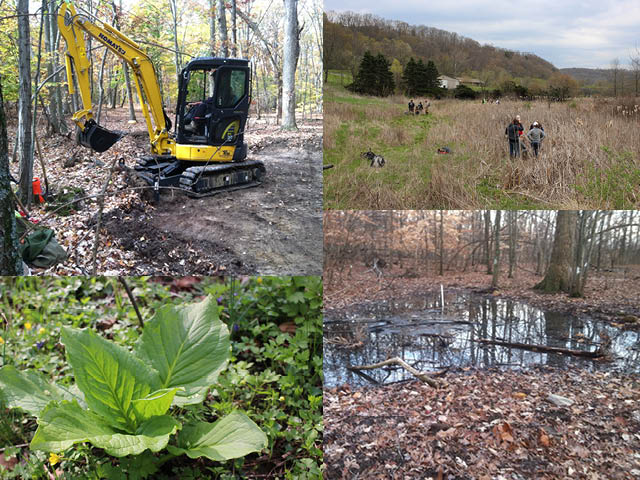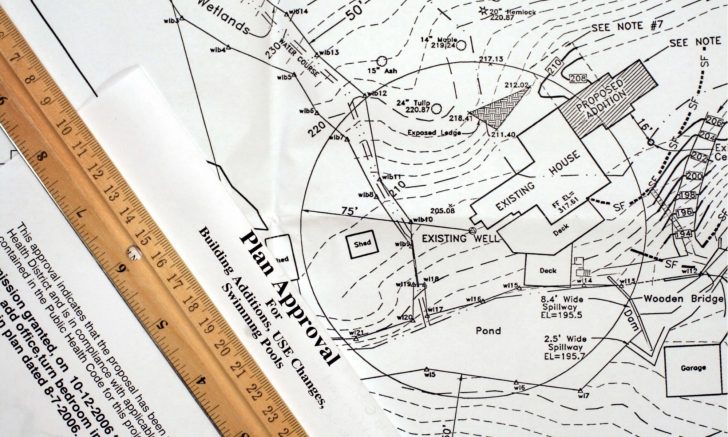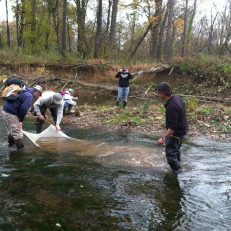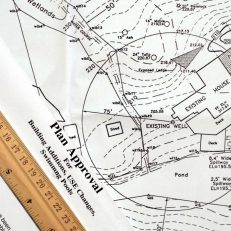Product Description
Principles of Wetland Design
This is a new approach to understanding wetland design. This online workshop will prepare you to diagnose and understand how a wetland should function as well as ways to improve wetland projects in peril.

Identification of the critical wetland functions will be presented including:
- Shoreline bank erosion control
- Sediment stabilization
- Water quality
- Wildlife
- Fish (tidal, non-tidal stream/river, and non-tidal pond/lake), and
- Uniqueness/heritage.
The next phase of the assessment includes the development of the methods and calculations necessary to properly plan for wetland hydrology. A water budget will be established to enable students to understand how water circulates through a wetland.
Once the target wetland functions have been identified and the water budget is established it is time to start putting the wetland together. This phase includes:
- Wetland planting schedules
- Soil amendments
- Project construction planning
- Monitoring protocols
In an idealized situation, if the aforementioned protocols were followed, a pretty successful wetland would result. Unfortunately, this does not always happen. So the next thing we will discuss is how to take apart an existing wetland project to identify what might not be working. Sometimes this is the water budget. Sometimes it is an issue with conflicting goals. Sometimes it is just something dumb. Our forensic approach will highlight what could be fixed to restore the design back to its intended functions.
The class will conclude with the preparation of a student wetland design project based on a local site. Each student will locate a potential wetland mitigation site and prepare a detailed plan that will cover all of the finer points covered in class. Each week there will be an assignment that will serve as the data necessary for the development of the plan. The student will receive an individualized review of the site data and design to help them identify trouble spots and high points.
No Need For Out of Town Travel
All of the classroom presentations, discussions and project design can be accessed online using our Swamp Cloud. There is no software to download. You just need a standard broadband internet connection.
This class will require the student to find a suitable field site at a location convenient to them. There will be a need to do some on-site rudimentary survey work so the student will need to gain access to the site from the landowner. No trespassing, please. 😉
Schedule
The course material is presented in a topic format which allows the student to work on the class at their own pace. There are 12 workshop modules that are on-demand but do not require assignments to be completed on a weekly basis. They still need to be turned in, but they can be done so on a flexible schedule. Once you sign up you will have up to 16 weeks to complete the program however, students can accelerate the pace and complete the workshop in as little as 3-4 weeks. Students will also asynchronously participate in topic discussions with other members of the class who may be working at a different pace.
This class includes 12 modules that need to be completed within the 16-week course offering. Each module takes about 3-4 hours to complete. Students can work ahead to accommodate individual needs. However, the field work portion of the class will need to be coordinated with the instructor.

 Principles of Wetland Design – This is a new approach to understanding wetland design. This class will prepare you to diagnose and understand how a wetland should function as well as ways to improve wetland projects in peril.
Principles of Wetland Design – This is a new approach to understanding wetland design. This class will prepare you to diagnose and understand how a wetland should function as well as ways to improve wetland projects in peril.




